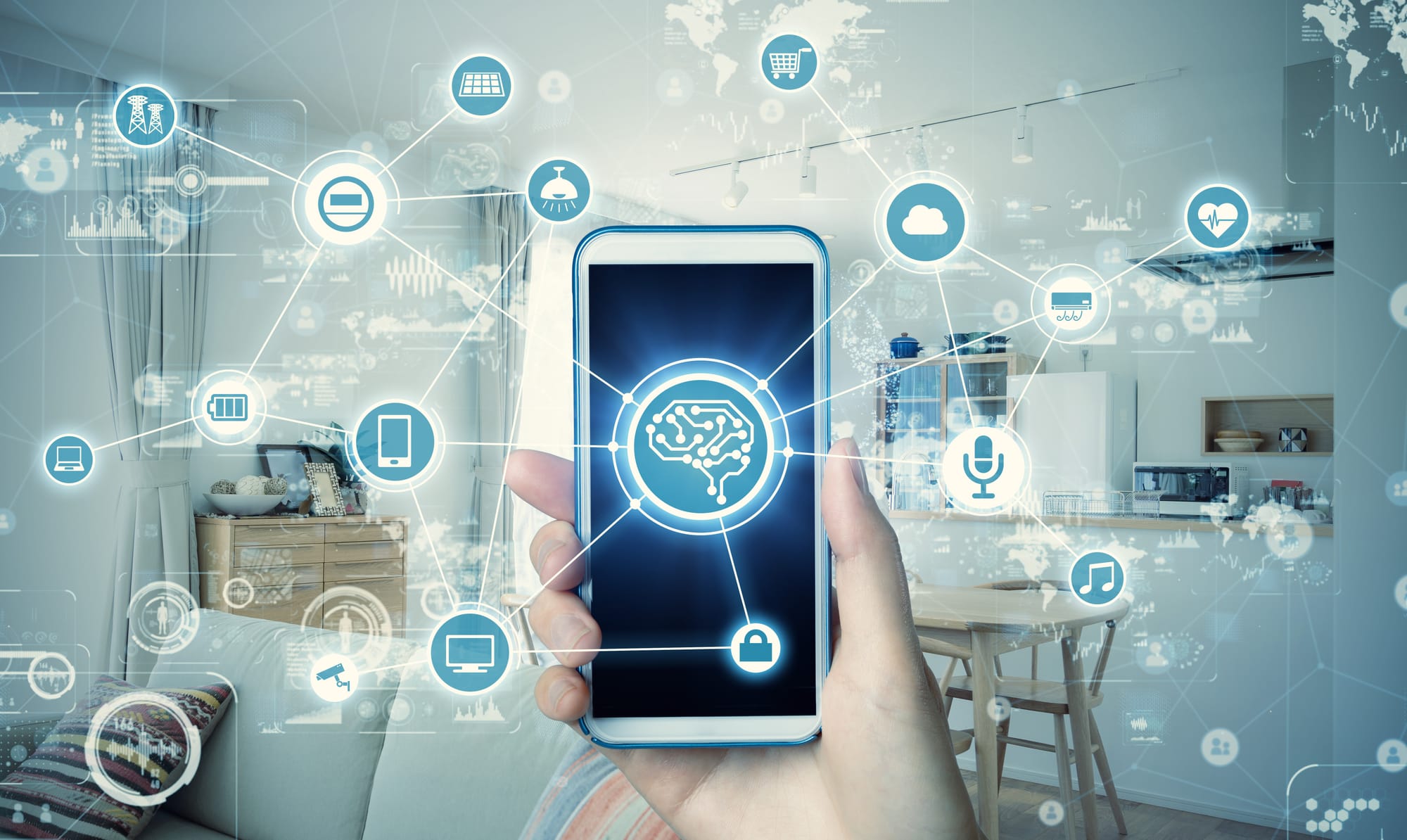
Artificial Intelligence (AI) is no longer a futuristic concept reserved for science fiction. It has become an essential part of our everyday lives, influencing the way we communicate, work, and live. From automating mundane tasks to enhancing complex decision-making processes, AI is integrated into various applications we use regularly. Below are the top 10 applications of artificial intelligence in everyday life, showcasing how advanced technology is transforming the modern world.
1. Virtual Assistants
Virtual assistants like Amazon's Alexa, Apple's Siri, Google Assistant, and Microsoft's Cortana are prime examples of AI applications. These AI-powered tools respond to voice commands and perform various tasks, including setting alarms, scheduling appointments, playing music, or answering questions. Through natural language processing (NLP), they understand and process human speech, making them incredibly useful for simplifying our daily routines. As technology continues to advance, virtual assistants are becoming more intuitive, offering personalized experiences based on user preferences.
2. Personalized Recommendations
If you’ve ever noticed how Netflix knows what shows you’ll enjoy or how Amazon suggests products you might want, you’ve experienced AI-driven personalized recommendations. These platforms use machine learning algorithms to analyze your browsing behavior, purchase history, and preferences to offer tailored suggestions. Similarly, Spotify curates custom playlists based on your listening habits. AI excels in transforming vast amounts of data into insightful predictions, which businesses use to keep their customers engaged and satisfied.
3. Customer Service Chatbots
AI-powered chatbots have revolutionized customer service by providing instant support and assistance to users. Available on websites, apps, and social media platforms, these chatbots can answer common questions, troubleshoot issues, and guide customers through processes. Businesses benefit from reduced operating costs, while customers enjoy fast responses 24/7. Through machine learning, these chatbots continue to improve, learning from interactions to offer more accurate and human-like communication.
4. Autonomous Vehicles
Self-driving cars and advanced driver-assistance systems (ADAS) embody AI’s remarkable impact on the automotive industry. Companies such as Tesla, Waymo, and Uber are integrating AI-powered technologies like computer vision, radar, and predictive analytics to enable vehicles to navigate roads, avoid collisions, and adapt to driving conditions. Even if you don’t own a self-driving car, AI features like lane-keeping assist, parking sensors, and adaptive cruise control are becoming commonplace, making driving safer and more convenient.
5. Healthcare Applications
AI innovations are transforming healthcare by enhancing diagnostic accuracy, developing personalized treatment plans, and streamlining administrative tasks. AI algorithms analyze medical imaging (like X-rays and MRIs) to detect diseases such as cancer at an early stage. Wearable devices powered by AI, such as fitness trackers and smartwatches, monitor vital signs and health metrics, alerting users to irregularities. In addition, AI-based virtual health assistants provide medical advice and reminders to people with chronic conditions, helping them manage their health effectively.
6. E-Commerce and Retail
E-commerce platforms use AI extensively to refine the shopping experience. From dynamic pricing to inventory management, AI assists in optimizing various processes. Visual search tools allow customers to find items by uploading images, while AI-driven analytics track sales trends to ensure retailers stock popular products. AI-enabled customer insights help businesses provide tailored offers and discounts, boosting engagement and sales.
Physical stores are also embracing AI with cashless checkout systems. Through image recognition and sensors, shoppers can walk out with items after scanning them, simplifying the purchasing process. AI is also used in supply chain optimization and demand forecasting, helping retailers meet customer needs with greater precision.
7. Social Media Platforms
Whether you’re sharing photos or scrolling through newsfeeds, chances are AI is playing a significant role in your social media experience. Platforms like Facebook, Instagram, and Twitter employ AI to curate content for users by analyzing their interactions and interests. AI algorithms ensure you see posts, ads, and recommendations that align with your preferences. Features like image tagging, facial recognition, and instant translation add convenience, while AI moderation tools detect and remove harmful content to create safer online spaces.
8. Smart Home Devices
Smart home technology relies heavily on AI to enhance convenience and connectivity. Devices such as smart thermostats, smart locks, and security cameras use AI to learn user habits and make automatic adjustments. For example, thermostats like Nest adapt to your preferred temperature settings over time, optimizing energy consumption. AI-powered security systems identify potential threats based on activity patterns, and voice-controlled smart speakers allow seamless integration with other IoT devices. The result is a connected ecosystem that simplifies daily life.
9. Language Translation
Language barriers are becoming less of a challenge, thanks to AI-driven translation tools like Google Translate, DeepL, and Microsoft Translator. Using complex neural networks, these applications provide instant translations of text, speech, and images with remarkable accuracy. This technology bridges communication gaps, enabling people to work, travel, and connect across cultures. AI advancements have made real-time translation accessible through smartphones, wearable devices, and even earbuds, fostering global interaction and understanding.
10. Fraud Detection and Security
AI plays a critical role in enhancing security and minimizing fraud in various sectors. Financial institutions use AI-powered systems to monitor transactions and identify signs of fraudulent activity in real time. These systems analyze patterns and flag unusual behavior, preventing potential fraud. Similarly, AI-driven biometric recognition, such as facial recognition and fingerprint scanning, is used in securing devices, bank accounts, and personal information. AI's ability to detect cybersecurity threats and malware ensures that sensitive data remains protected.
As AI continues to evolve, its applications will only expand, driving efficiency and improving experiences across industries. The integration of this technology into everyday life demonstrates its potential to solve complex problems and streamline mundane tasks. Whether you’re using a virtual assistant, enjoying personalized recommendations, or securing your online accounts, artificial intelligence is working behind the scenes to enhance your day-to-day activities. The future of AI holds endless possibilities, making it an exciting time to explore and embrace these transformative technologies.